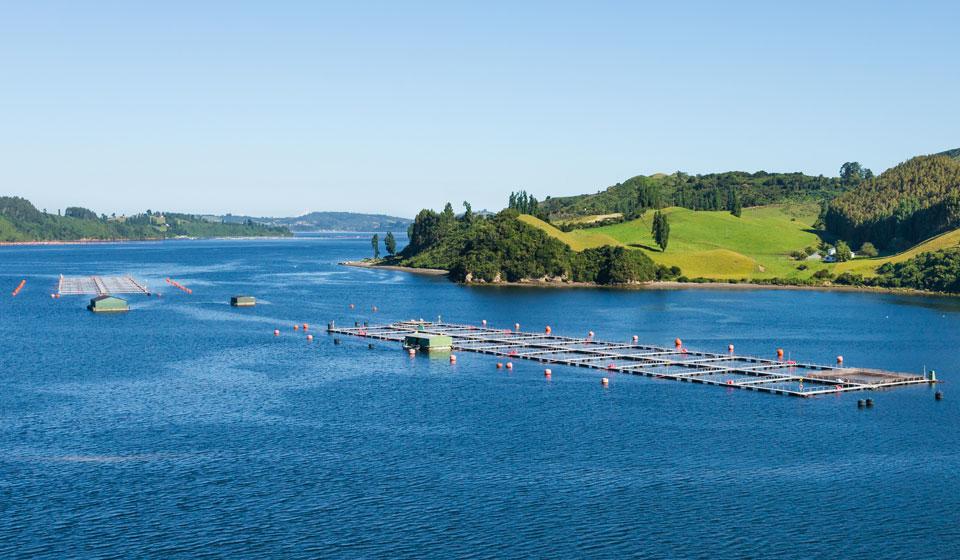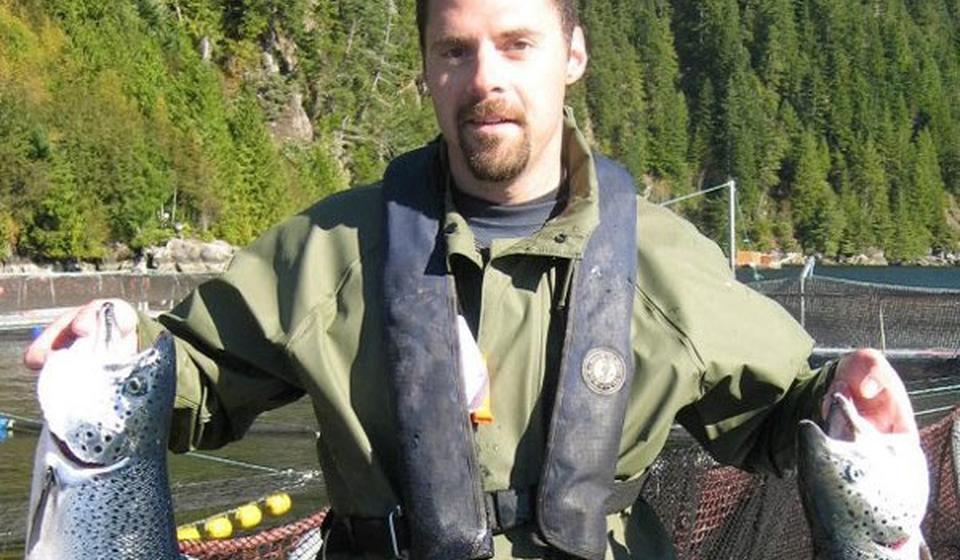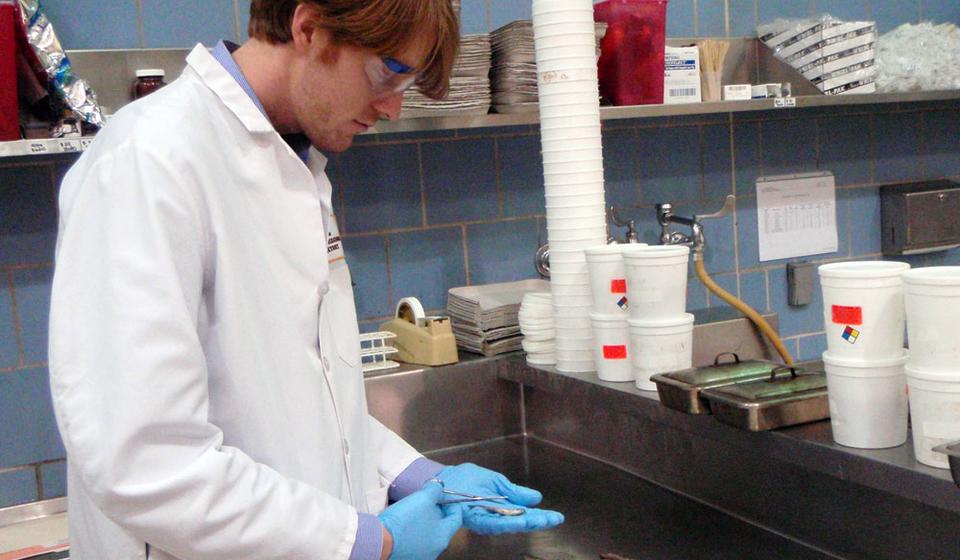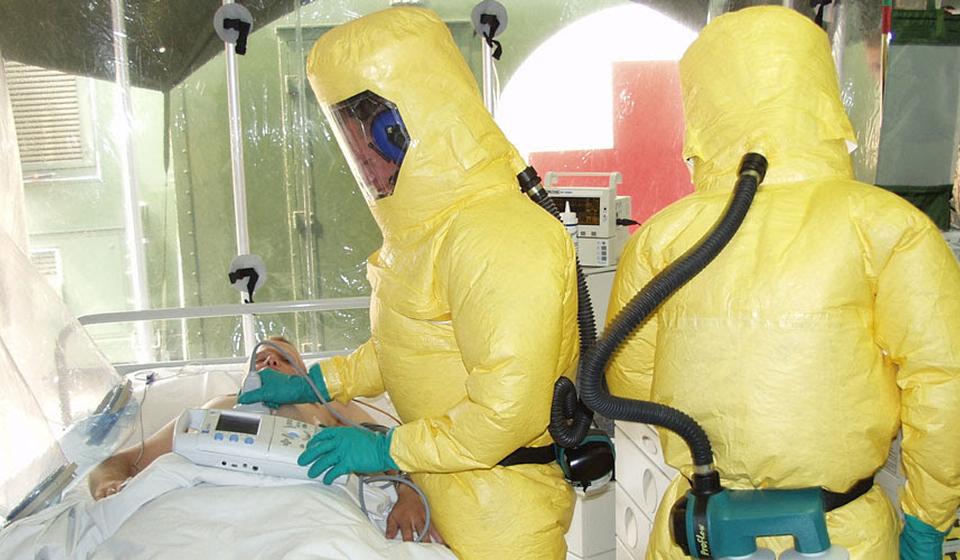A bat found from a park next to lake Como in St Paul, Minnesota has tested positive for rabies. The woman who handled the animal is getting rabies prevention shots.
As a society in the United States, there is lacking recognition how painful pet loss can be and how much it can impair a person’s emotional and physical health.
U of M researchers have met with partners in Chile to examine fishing industry practices that could help the country prepare for future food demand.
One of the most important challenges humankind faces today is the expected increase in population size, with projections—supported by the United Nations—that the world population will reach the 9 billion mark by the year 2050. Population growth will consequently lead to an unprecedented increase in food demand. Although all food animal industries will continue to work to prepare and adapt to satisfy that demand, consensus is that aquaculture will play a significant role in the future of food security.
Raising fish for food perfectly illustrates the One Health concept the College of Veterinary Medicine has promoted for many years to describe the interdependence of animal, human and environmental health, says Alex Primus, assistant professor in the Department of Veterinary Population Medicine. “Fish is a very heathy source of protein and when farmed responsibly can be produced in a very environmentally sustainable manner."
In the southwest corner of Minnesota, perched on the edge of the Great Plains and a long way from native shrimp habitat, Trū Shrimp has begun its operations.
CAHFS, the Minnesota Aquatic Invasive Species Research Center, and the Minnesota Department of Natural Resources form an informal partnership to work with private aquaculture producers to tackle concerns about water quality, fish diseases and genetics, and invasive species. By working together, the partners can more effectively confront complex policy and regulatory issues than if they were working alone.
Hormel Food Corporation, based in Austin, Minnesota, is recalling approximately 228,614 pounds of Spam because of possible contamination with metal.










